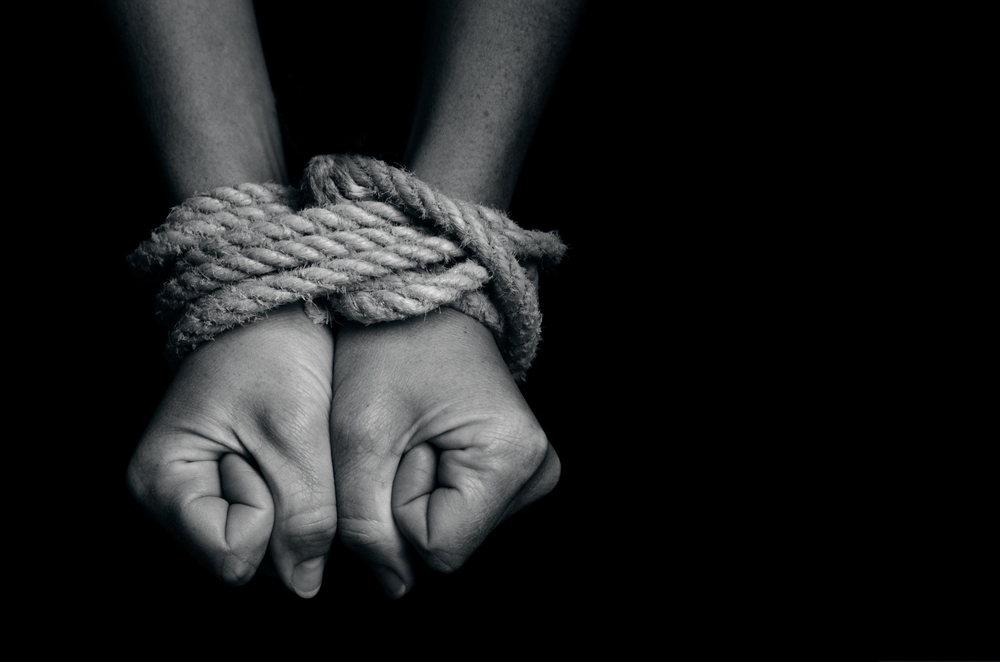
An assistant attorney general, U.S. attorneys, state department officials, and local legislators have joined together to form a new Human Trafficking Council in Mississippi, to enhance prevention, protection and prosecution efforts in the state.
The council will have authority throughout the state and builds on Gov. Phil Bryant’s Human Trafficking Task Force Report from 2015 and other task forces throughout the country. It is intended to be victim-centered, to work together to combat crime, and to use a variety of disciplines to achieve this.
“The Department of Justice is proud to announce the formation of the Mississippi Human Trafficking Council, which will serve as a crucial component to ongoing efforts to secure justice for victims of sex and labor trafficking crimes,” Eric Dreiband, Assistant Attorney General of the Justice Department’s Civil Rights Division, said. “This is the first statewide trafficking council, and it will help law enforcement more effectively prosecute criminals and protect the rights of victims. This is another strong step in the Department of Justice’s commitment to fighting violent crime and protecting the most vulnerable in our society.”
Three co-chairs will lead the council: Susan Bradley, Assistant U.S. Attorney, Northern District of Mississippi; Kathlyn Van Buskirk, Assistant U.S. Attorney, Southern District of Mississippi; and Ashlee Lucas, Mississippi Human Trafficking Coordinator for the Mississippi Department of Public Safety. From there, the council can be broken down into three parts.
The first part is the Steering Committee, which will be overseen by the council co-chairs. It will consist of five subcommittee chairpersons and the council co-chairs and act as the organization’s policy making body. Their recommendations will be voted on by the co-chairs.
The second part includes five subcommittees that will focus on trafficking itself to protect adult and minor victims. These subcommittees are divided into Outreach and Public Awareness, Strategic Planning and Trafficking Protocol, Policy and Legislation, Training and Victim Service.
The third part instructs the council also to include the small, regional task forces that consist of local, state, federal and tribal law enforcement, local prosecutors, and victim service providers, each led by an Assistant U.S. Attorney.
“It’s important to me that we make the process work for these victims while we support those law enforcement personnel on the ground across our state who are on the front lines fighting human trafficking,” Mississippi House Speaker Philip Gunn said. “I envision the Mississippi Human Trafficking Council being an important resource to complement our state’s five existing regional task forces by collaborating and offering assistance when and where needed.”




